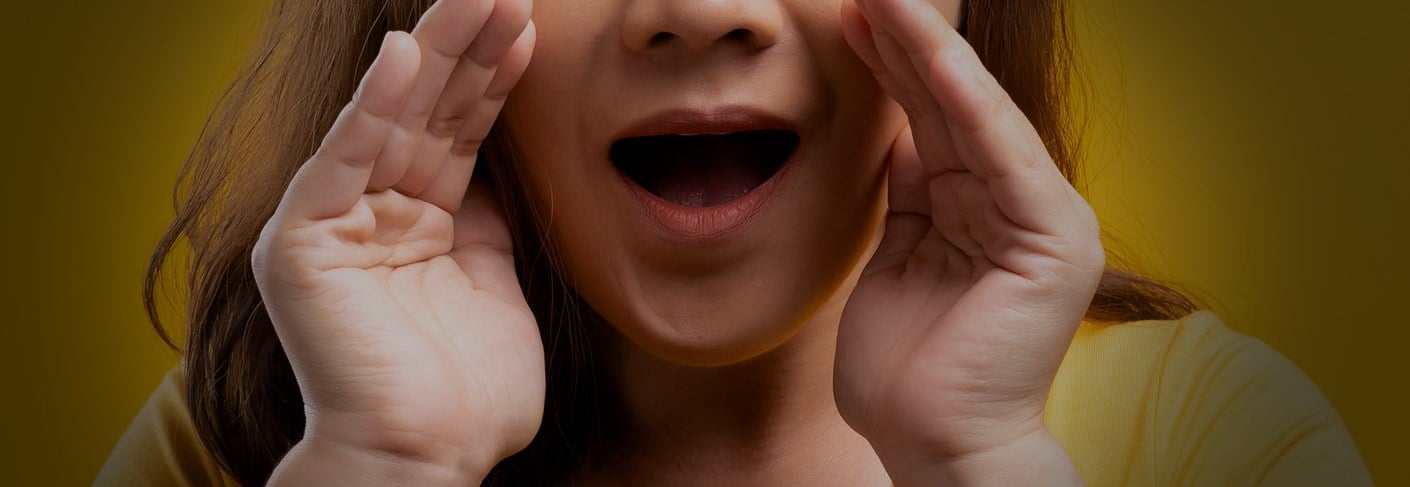Hang out with us on the cutting edge of sustainability trends and culture. We bring data-driven perspectives on real-world issues—not just where things are right now, but where they’re headed. Want these delivered to your inbox?

Hang out with us on the cutting edge of sustainability trends and culture. We bring data-driven perspectives on real-world issues—not just where things are right now, but where they’re headed. Want these delivered to your inbox?
